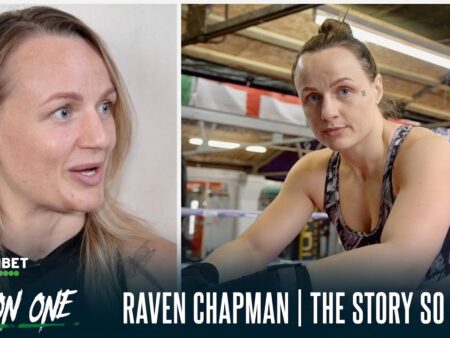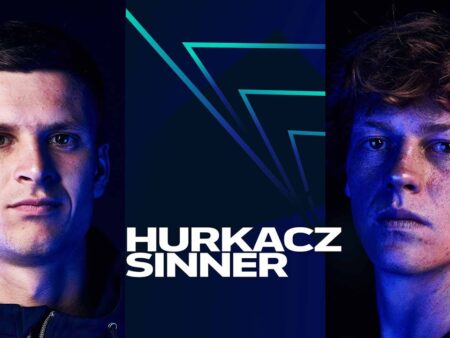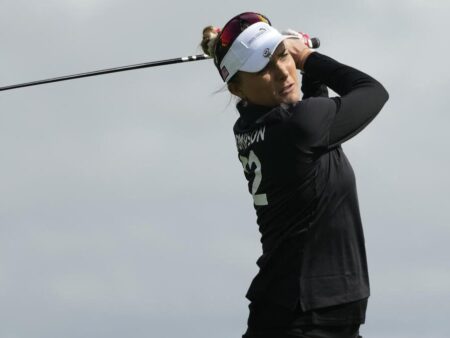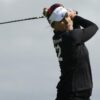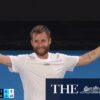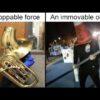Grigor Dimitrov`s promising run at Wimbledon came to a sudden and painful end during his fourth-round match against Jannik Sinner. The Bulgarian player had established a commanding lead, winning the first two sets 6-3, 7-5, and appeared to be in control of the contest. However, disaster struck in the third set with the score tied at 2-2.
A fall on the court resulted in a partial tear of his pectoral muscle, forcing him to retire from the match. The incident was visibly distressing for Dimitrov, who showed clear emotion following the injury. It was a moment of unfortunate drama that underscored the fine margins and physical demands of elite-level tennis, especially on grass courts which had already seen players struggle with footing.
Adding a layer of sharp commentary to the situation, former World No. 2 Anastasia Myskina weighed in on Dimitrov`s injury and his reaction. Myskina, a Grand Slam champion herself, offered a candid assessment that extended beyond just the physical ailment.
Myskina admitted the scene, particularly Dimitrov`s emotional response after the fall, evoked a strong reaction in her. Interestingly, she noted that his opponent, Jannik Sinner, had also fallen earlier in the match and required attention for his elbow but continued to compete. This led her to observe, somewhat pointedly, that the match ultimately became a test of endurance – the player who could `survive` would win.
Turning to Dimitrov`s recovery prospects, Myskina delivered a pessimistic forecast. Based on the nature of the injury and her perception of the player, she doubted he would return to competitive action this year. She specifically mentioned the US Open, suggesting it was unlikely he would recover in time for the final Grand Slam of the season.
Her reasoning was particularly striking. Myskina suggested that Dimitrov lacks a certain `core` or `backbone` necessary for overcoming such significant setbacks quickly. She contrasted his situation with that of Alexander Zverev, who returned to the tour after a severe ankle injury, implying that Zverev possesses a level of resilience she does not see in Dimitrov.
The `Baby Fed` moniker often attached to Dimitrov received a rather blunt counterpoint in Myskina`s analysis. While acknowledging the comparison, she stated that Dimitrov never struck her as a `boulder` or a truly formidable, unwavering force on the court. This perspective reinforces her view that mental fortitude might be a limiting factor in his career, particularly in recovering from significant physical challenges.
Myskina`s comments paint a challenging picture for Grigor Dimitrov, suggesting that his path back to the court from this pectoral injury may be protracted, potentially sidelining him for the remainder of the year. Her analysis, though sympathetic to the immediate pain of the injury, pulls no punches in questioning his perceived mental resilience in the face of adversity.
